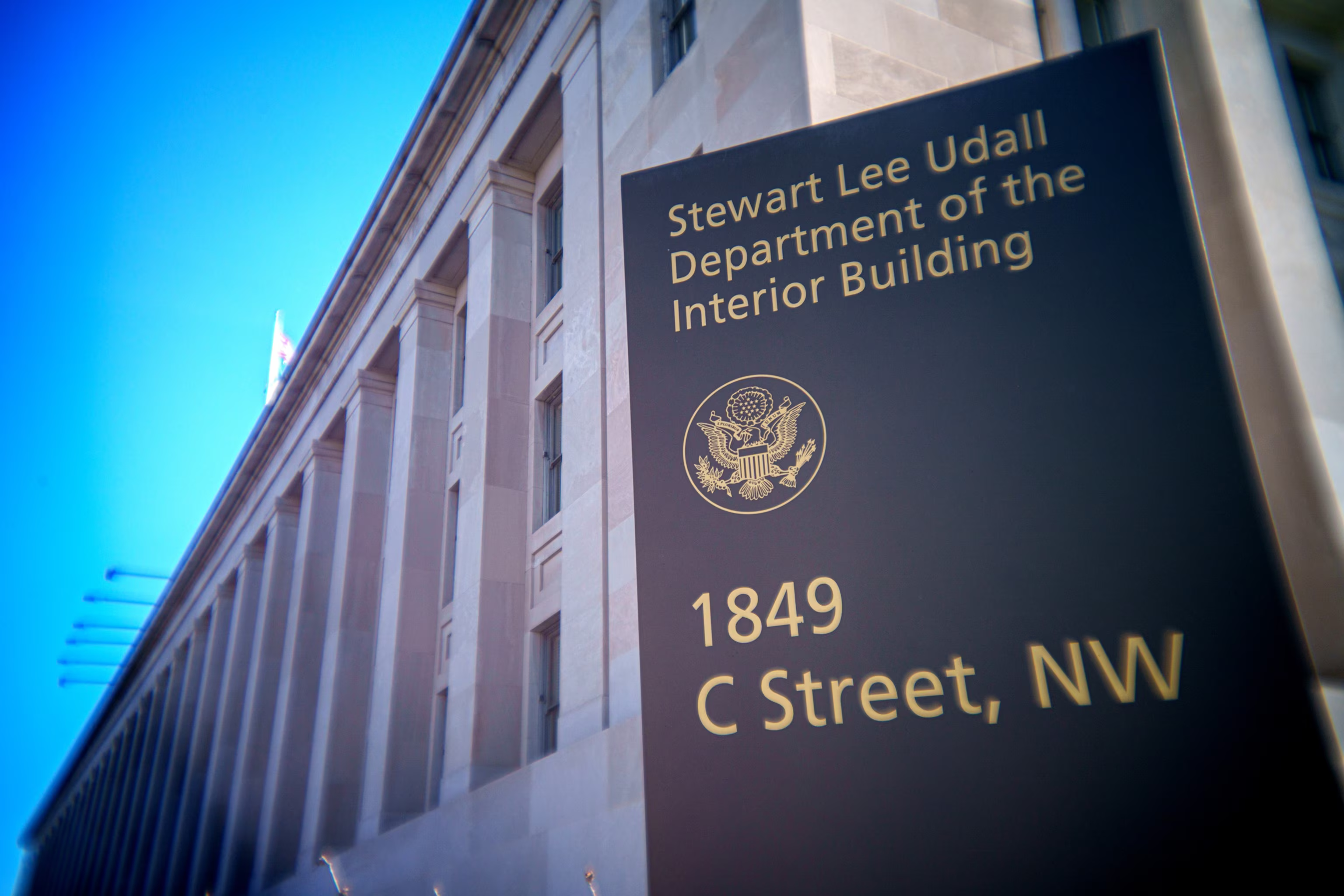In an era where artificial intelligence (AI) is rapidly transforming industries, the Federal Trade Commission’s (FTC) recent crackdown on deceptive AI practices is a crucial move to safeguard consumer interests.
The FTC’s actions, encapsulated in their new initiative, Operation AI Comply, target companies that have allegedly used AI to mislead and defraud the public. This initiative underscores the agency’s commitment to ensuring that AI technologies adhere to existing laws and ethical standards, thereby protecting consumers from exploitation.
Examples of Deceptive AI Practices
The FTC’s enforcement actions highlight several cases where AI was used deceptively. One notable example is DoNotPay, a company that marketed itself as the “world’s first robot lawyer.”
Despite its claims of providing legal assistance through AI, the FTC found that DoNotPay’s services did not meet the standards of human legal professionals and lacked proper testing and legal expertise.
This case exemplifies the potential dangers of overpromising AI capabilities without delivering on those promises, which can lead to consumer harm and erode trust in AI technologies.
The Importance of Transparency in Consumer Feedback
Another significant case involves Rytr, an AI writing assistance tool accused of enabling the creation of fake consumer reviews.
The FTC’s complaint against Rytr emphasizes the importance of maintaining transparency and authenticity in consumer feedback, which is vital for informed decision-making.
By targeting such deceptive practices, the FTC aims to uphold the integrity of online marketplaces and protect consumers from being misled by false information.
Financial Schemes and the Need for Regulatory Oversight
The FTC’s actions also extend to schemes promising financial gains through AI-powered e-commerce solutions. Companies like Ascend Ecom and Ecommerce Empire Builders allegedly defrauded consumers by promising substantial passive income through AI-driven online storefronts.
These cases highlight the need for regulatory oversight to prevent exploitation and ensure that consumers are not left with financial losses and unmet expectations.
Conclusion: The Importance of Vigilant Regulation
In conclusion, the FTC’s crackdown on deceptive AI practices is a necessary step to protect consumers and maintain trust in AI technologies. By holding companies accountable for misleading claims and unethical practices, the FTC is setting a precedent for responsible AI development and usage.
As AI continues to evolve, it is imperative that regulatory bodies remain vigilant in enforcing standards that prioritize consumer welfare and ethical conduct.
Stay tuned with us to read the most important news from the U.S. and keep yourself informed about the latest developments. Contact us today through our website or WhatsApp to discover how we can help you achieve success in the United States. Together, we can turn dreams into reality.



